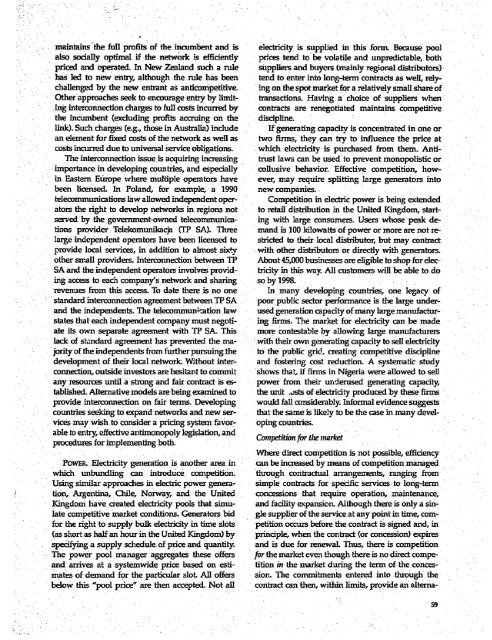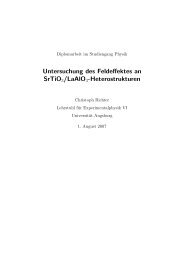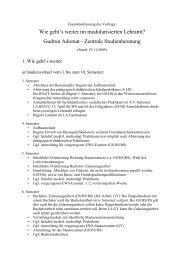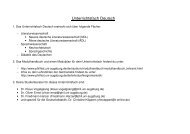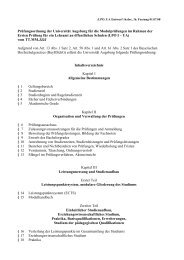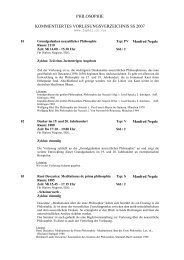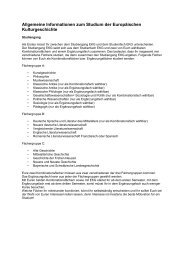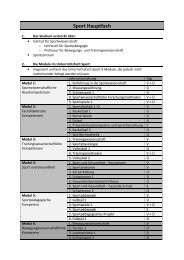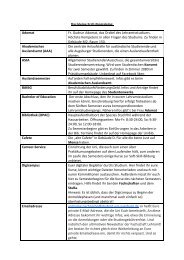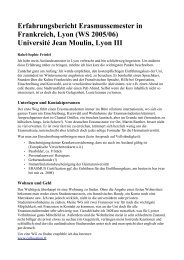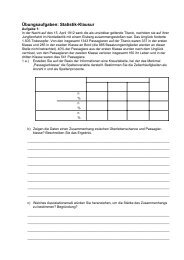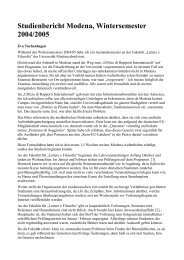ASi" kUCTURE FlOR DEVELOPMENT
ASi" kUCTURE FlOR DEVELOPMENT
ASi" kUCTURE FlOR DEVELOPMENT
Create successful ePaper yourself
Turn your PDF publications into a flip-book with our unique Google optimized e-Paper software.
maintains the full profits of the incumbent and is electricity is supplied in this form Because pool<br />
also socially optimal if the network is efficiently prices tend to be volatile and unpredictable, both<br />
priced and operated. In New Zealand such a rule suppliers and buyers (mainly regional distributors)<br />
has led to new entry, although the rule has been tend to enter into long-term contracts as well, relychallenged<br />
by the new entrant as anticompetitive. ing on the spot market for a relativelv small share of<br />
Other approaches seek to encourage entry by limit- transactions. Having a choice of suppliers when'<br />
ing interconnection charges to full costs incurred by contracts are renegotiated maintains competitive<br />
the incumbent (exduding profits accruing on the discipline.<br />
link). Such charges (e.g., those in Australia) include If generating capacity is concentrated in one or<br />
an element for fixed costs of the network as well as two firns, they can try to influence the price at<br />
costs incurred due to universal service obligations. which electricity is purchased from them. Anti-<br />
The interconnection issue is acquirng increasing trust laws can be used to prevent monopolistic or<br />
importance in developing countries, and especiallry collusive behavior. Effective competition, howin<br />
Eastemr Eirope where multiple operators have ever, may require splitting large generators into<br />
been licensed. In Poland, for example, a 1990 new companies.<br />
telecommunications law allowed independent oper- Competition in electric power is being extended<br />
ators the right to develop networks in regions not to retail distribution in the United Kingdom, startserved<br />
by the government-owned telecommunica- ing with large consumers. Users wlhose peak detions<br />
provider Telekomunikacja (TIP SA). Three mand is 100 kilowatts of power or more are not relarge<br />
independent operators have been licensed to stricted to their local distributor, but may contract<br />
provide local services, in addition to almost sixty with other distributors or directly with generators.<br />
other small providers. Interconnection between TP About 45,000 businesses are eligible to shop for elec-<br />
SA and the independent operators involves provid- tricity in this way. All customers will be able to do<br />
ing access to each company's network and sharing so by 1998.<br />
revenues from this access. To date there is no one In many developing countries, one legacy of<br />
standard interconnection agreement between TP SA poor public sector performance is the large underand<br />
the independents. The telecommunication law used generation capacity of many large manufacturstates<br />
that each independent company must negoti- ing fims. The market for electricity can be made<br />
ate its own separate agreement with TP SA. This more contestable by allowing large manufacturers<br />
lack of standard agreement has prevented the ma- with their own generating capacity to sell electricity<br />
ority of the independents from further pusuingthe to the public grid, creating competitive discipline<br />
development of their local network Without inter- and fostering cost reduction. A systematic study<br />
connection, outside investors are hesitant to commit shows that, if firms in Nigeria were allowed to sell<br />
any resources until a strong and fair contract is es- power from their underused generating capacity,<br />
tablishedL Alternative models are being examined to the unit .osts of electricity produced by these firnsprovide<br />
interconnection on fair terms. Developing would fall considerably. Informal evidence suggests<br />
countries seeking to expand networks and new ser- that the samne is likely to be the case in many develvices<br />
may wish to consider a pricing system favor- oping countries.<br />
able to entry, effective antimonopoly legislation, and<br />
procedures for implementing both.<br />
Where direct competition is not possible, efficiency<br />
POWER. Electricity generation is another area in can be increased by means of competition managed<br />
which unbundling can introduce competitioiL through contractual arrangements, ranging from<br />
Using similar approaches in electric power genera- simple contracts for 5pecific services -to long-term<br />
tion, Argentina, Chile, Norway, and the United concessions that require operation, maintenance,<br />
Kingdom have created electricity pools that simu- and facility expansiorL Although there is only a sinlate<br />
competitive market conditions. Generators bid gle supplier of the service at any point in time, comfor<br />
the right to supply bulk electricity in time slots petition occurs before the contract is signed and, in<br />
(as short as half an hour in the United Kingdom) by principle, when the contract (or concession) expires<br />
specifying a supply schedule of price and quantity. and is due fur renewaL Thus, there is competition<br />
The power pool manager aggregates these offers for the market even though there is no direct compeand<br />
arrives at a systemwide price based on esti- tition in the market during the term of the concesmates<br />
of demand for the particular slot All offers sion. The commitments entered into through :the<br />
below this "pool price" are then accepted. Not all contract can then, within limits, provide an alterna-<br />
59


